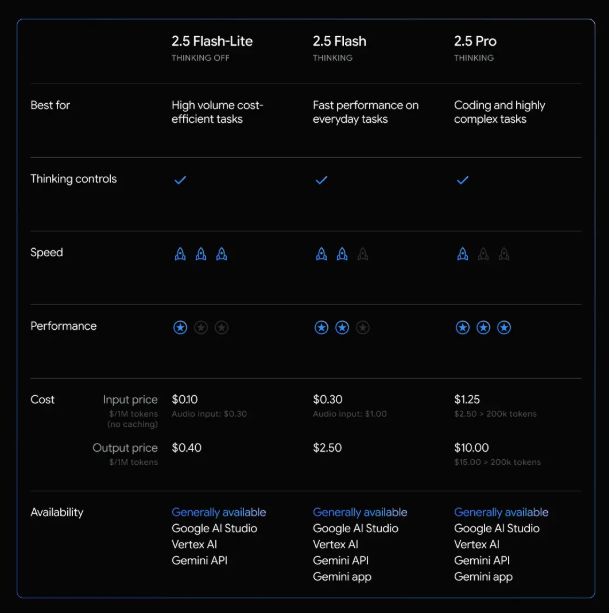In the federal court of Washington, D.C., a major antitrust case against Google (Alphabet Inc.) is underway, and Judge Amit Mehta is facing a difficult decision. As the trial progresses, the judge needs to decide whether to break up this tech giant to limit its monopolistic behavior in the search engine market. At the same time, he must also consider Google's significant advantages in the field of artificial intelligence.
Last Friday, Google's legal team and representatives from the U.S. Department of Justice made their final arguments in court, and Judge Mehta raised some key questions to seek deeper understanding. This case not only involves Google's dominant position in the search market but also relates to how to reasonably protect the interests of other market participants and ensure a fair competitive environment.

Image source note: Image generated by AI, licensed by MidJourney service provider
Judge Mehta has previously indicated that he expects to make a ruling in August. The outcome of this case may have far-reaching implications for the future of the internet, whether through the breakup of Google or other ways to limit its market power. The judge hopes to find a balance so that the restrictions on Google will not be too drastic as to affect the entire market ecosystem.
Besides breaking up Google, the judge is also considering other possible remedies, such as imposing restrictions on Google's artificial intelligence technology. Given the importance of artificial intelligence in today's technology sector, how to manage and regulate this emerging technology will be an important part of the judge's ruling.
In this case, the judge's final decision will not only affect Google itself but may also redefine the competitive landscape of the entire tech industry. Therefore, all parties are closely following the dynamics of this ruling, hoping to foresee its impact on the future of technology and the business environment.









